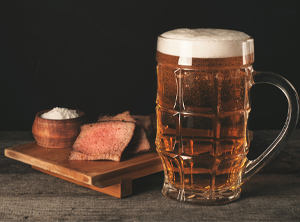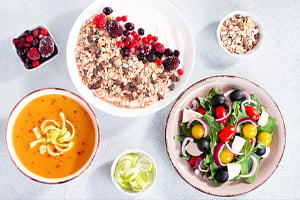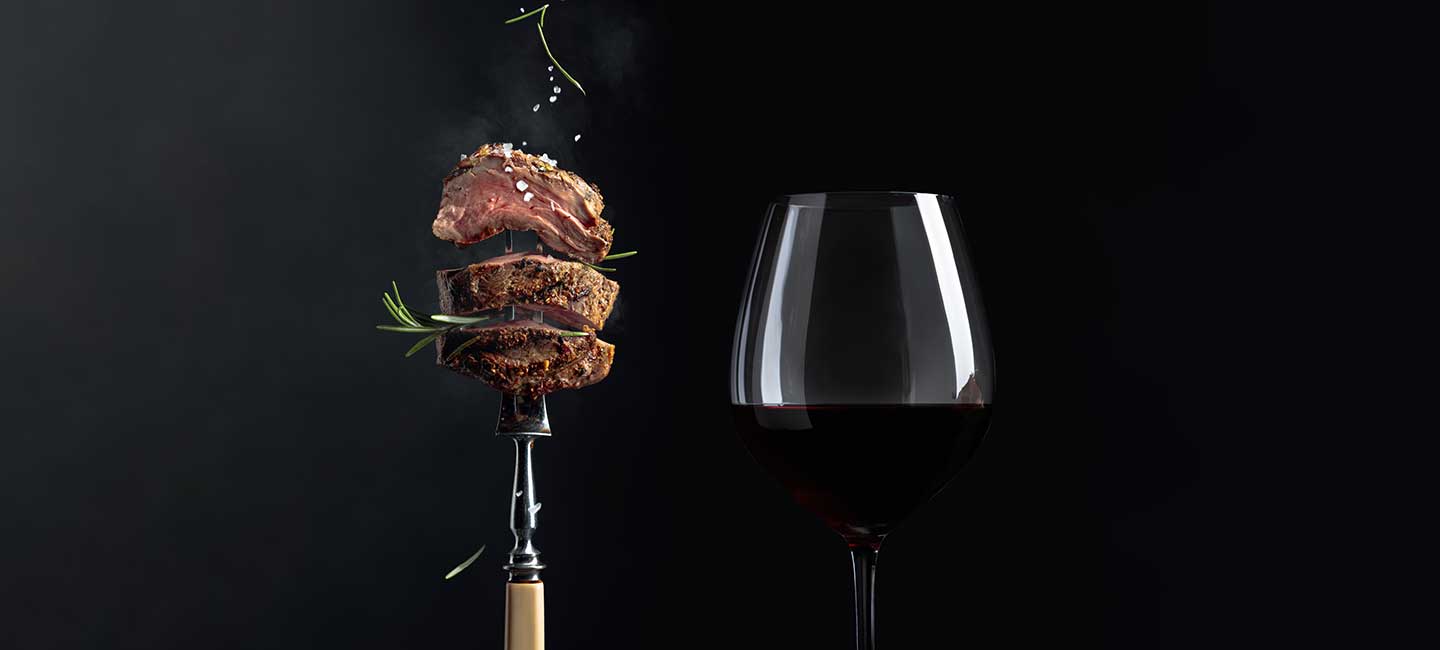Studies Reveal Links Between Diet and Colorectal Cancer
Did you know that what you eat can make a big difference in your risk for colorectal cancer? According to a review published by JAMA Network Open, higher intakes of dietary fiber, calcium and yogurt, and lower intakes of red meat and alcohol can help keep the deadly disease at bay.
Researchers looked at 45 different studies that found several associations between dietary factors and colorectal cancer. Nearly one-third of the associations were found to be statistically significant.
What Foods Should You Avoid?

Most studies demonstrated an association between higher intake of red meat and alcohol with colorectal cancer incidence. According to Dr. Nagi Kumar, senior member of the Cancer Epidemiology Program, Departments of Breast and Genitourinary Oncology at Moffitt Cancer Center, red meat intake, especially processed meat intake has been consistently shown to be associated to colorectal cancer risk.
“Although the mechanism is not clearly understood, there is evidence that excess fat in red meats that breakdown to produce bile acids and free fatty acids maybe the culprits. Similarly processed meats contain high levels of N-nitroso compounds that are known carcinogens or cancer causing substances that can increase colorectal cancer risk.”
Excessive alcohol intake was also associated with higher risk of colorectal cancer.
“Alcoholic drinks produce specific enzymes in addition to changing the gut bacteria significantly,” said Kumar. “These are some of the factors that can potentially increase risk.”

What Foods Should You Add to Your Diet?

It’s not all bad news, however. Several of the studies reviewed in this report found that dietary fiber, calcium and yogurt were actually associated with a lower colorectal cancer risk. Whole grains in addition to high fiber sources from fruits and vegetables have been shown to have anti-cancer properties.
“Calcium, including calcium supplement intake was associated to lowered risk of colorectal cancer,” said Kumar. “Potentially because calcium binds to carcinogens in the gut and reduce their toxic effects.”
Interestingly, yogurt, a high source of calcium and lactobacillus (a useful bacteria) was shown to be associated with reduced risk of colorectal cancer as well as adenomas (precursor to colon cancer) in the colon.
“The reduced risk is potentially mediated through the calcium and modified by the gut bacteria, changing the balance between the good and bad bacteria leading to a protective effect.”
The results were also suggestive of a protective effect with specific dietary patterns, including a Mediterranean diet, semi-vegetarian and vegetarian diets, ultimately, emphasizing a diet rich in whole grains, nuts, fruits, vegetables, yogurts and lean meats, fish and poultry.



